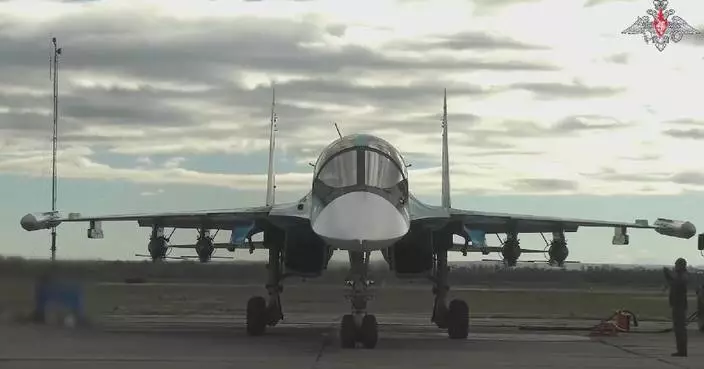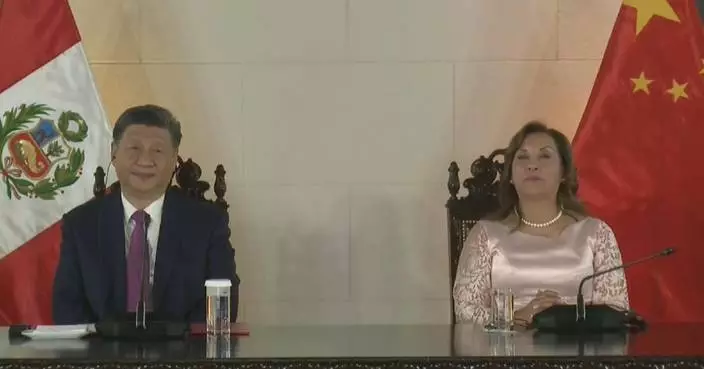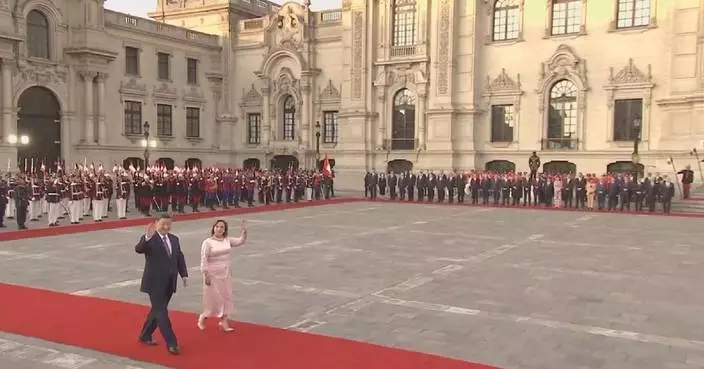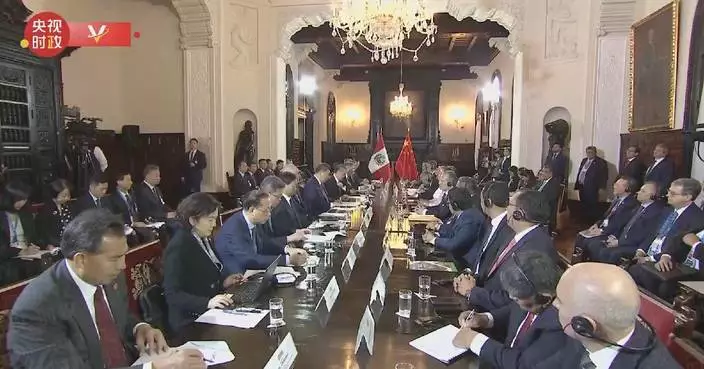The death toll from Israeli attacks on Lebanon since the beginning of the current round of Israel-Hezbollah conflict has mounted to 3,386, with injuries rising to 14,417, said the Lebanese Health Ministry on Thursday.
Lebanon's state news agency NNA said Thursday that the Israeli army launched multiple air strikes on the eastern city of Baalbek on the same day, killing nine people and wounding five others.
According to Lebanese military sources, the Israeli forces also launched more than 20 air strikes on the southern cities including Nabatieh earlier that day.
Israeli fighter jets continued to strike multiple weapons depots of Hezbollah in the southern suburbs of Beirut on the same day, said the Israel Defense Forces (IDF).
An Israeli army spokesman said that they had hit more than 300 Hezbollah targets over the past week, including 40 in Beirut.
Explosions were heard in the northern Israeli city of Haifa on Thursday. The Israeli army later issued a statement saying that five rockets were fired into the country from Lebanon, and that most of the rockets were intercepted, with the rest falling into unpopulated areas.
A report from the Israeli media Haaretz said Thursday that six Israeli soldiers were killed on Wednesday local time in an ambush by Hezbollah near the Lebanese border.
It means that since the Israeli army launched the ground offensive in southern Lebanon on Sept 30, Wednesday (Nov 13) was the deadliest day for the army on the northern front, said Haaretz.
According to data released by the IDF, a total of 47 Israeli soldiers have been killed in fights with Hezbollah since Sept 30, and 792 killed in the current round of Palestine-Israel and Lebanon-Israel clashes since October last year.
Israeli Energy Minister Eli Cohen on Thursday said prospects for a ceasefire were the most promising since the conflict began, and the country's Foreign Minister Gideon Saar said on the same day that ceasefire talks between the two countries had made progress.
Keshet 12, an Israeli television channel, reported that Lebanon was likely to respond to a U.S. ceasefire offer in the following 24 hours.
According to local media outlets, Israel has put forward three requirements for the ceasefire agreement: Hezbollah needs to withdraw to the area north of the Litani River; the southern area of Lebanon needs to be stationed by the Lebanese Armed Forces; and Hezbollah is not allowed to obtain weapons through Syria.
If Hezbollah does not agree to the aforementioned three requirements and launches attacks against Israel, the Israeli army will continue and even expand its military operations, according to the reports.
Hezbollah has not received any proposals on a truce for Lebanon and only learned about international mediation from the media, said Mohammad Afif, a senior official of Hezbollah, on Monday.
Afif also noted that, so far, Israel has not been able to occupy a single Lebanese town or village, nor can it achieve its declared goals.
He stressed that Hezbollah still has enough weapons and supplies and is ready for a long war with the Israeli forces.
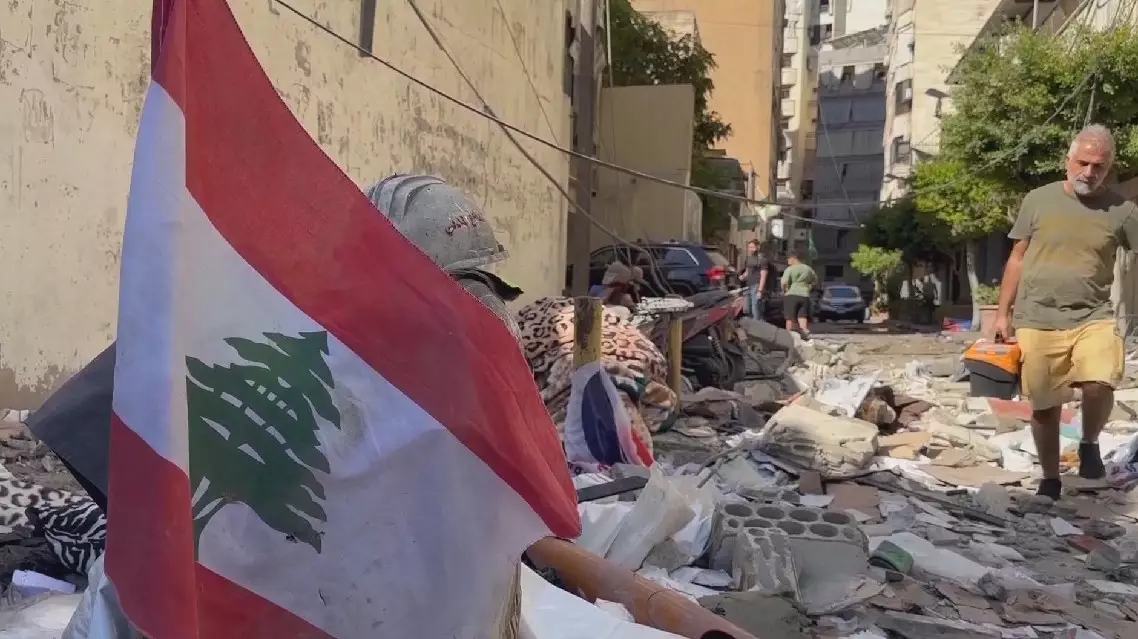
Death toll from Israeli strikes on Lebanon climbs to 3,386
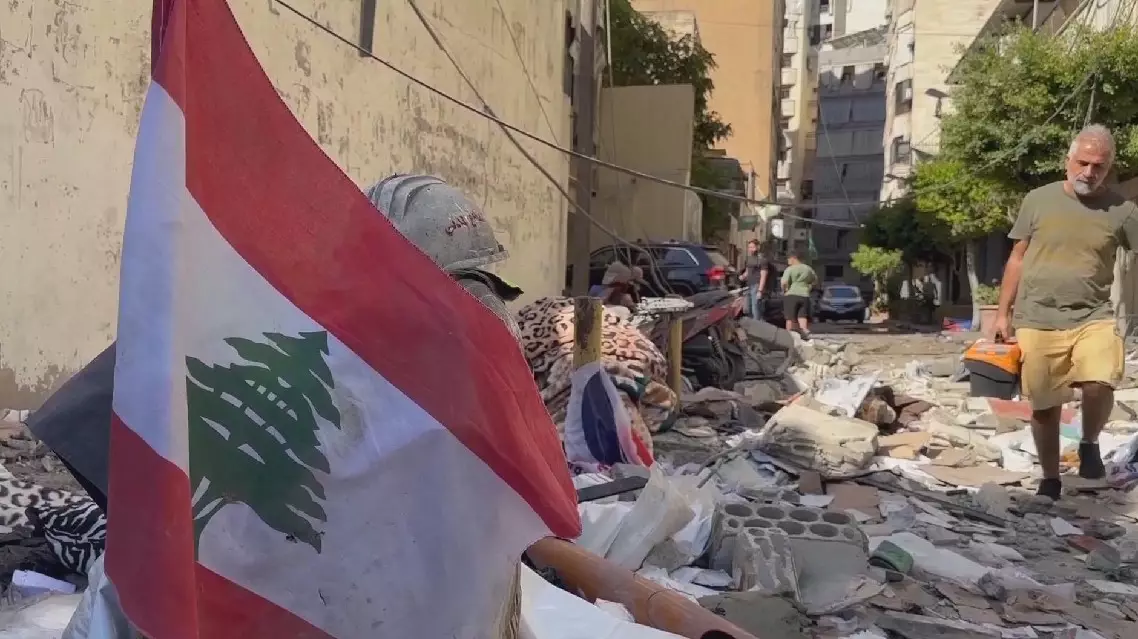
Death toll from Israeli strikes on Lebanon climbs to 3,386






